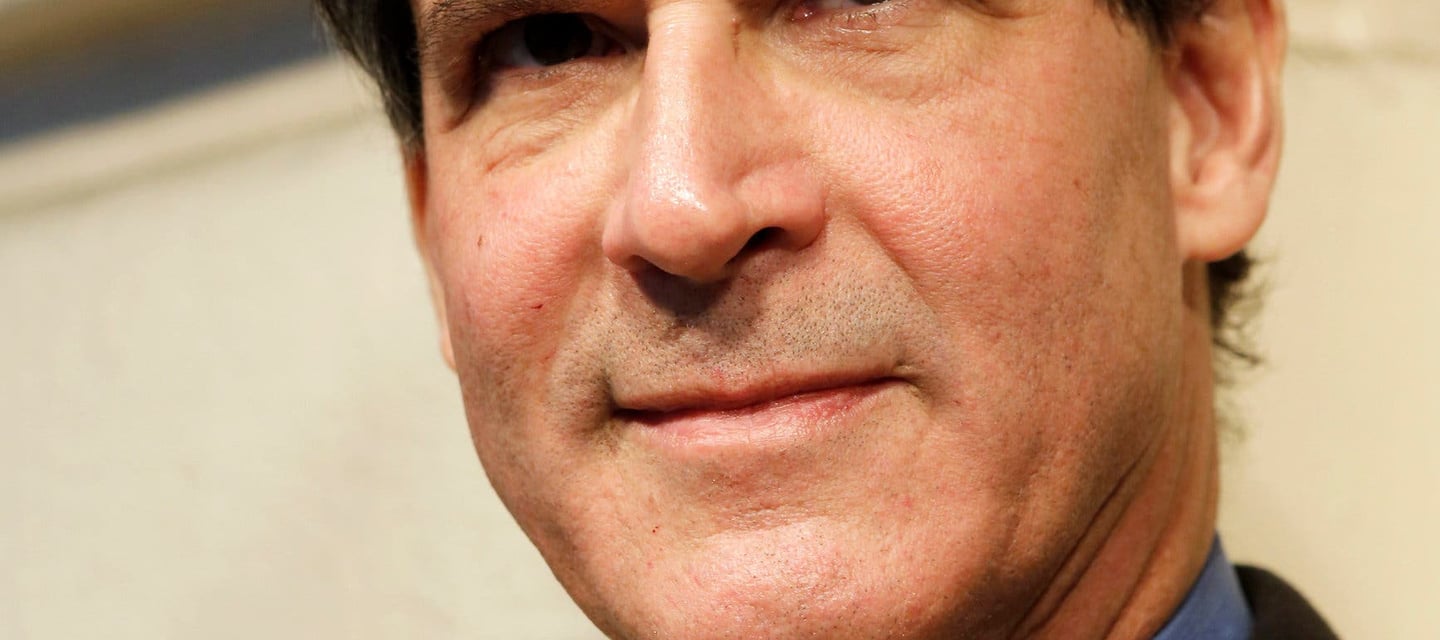The Afterlife


The Case Of Dr. Eben Alexander
By: Mikh | 28/09/2025
The Case of Dr. Eben Alexander’s Near-Death Experience
The question of whether there is life after death has haunted humanity for millennia, giving rise to myths, religions, and philosophical debates. While empirical science often resists definitive answers, certain individual cases capture attention because they present vivid, personal accounts of encounters with the “afterlife.” One such case is that of Dr. Eben Alexander, a Harvard-trained neurosurgeon, whose near-death experience (NDE) in 2008 gained international attention. His testimony, published in Proof of Heaven, continues to spark debate about the nature of consciousness and what lies beyond death.
The Incident
In 2008, Dr. Alexander contracted a rare bacterial meningitis caused by E. coli. Within hours, his brain function collapsed; he fell into a coma that lasted seven days. According to medical reports, his neocortex — the part of the brain responsible for thought, memory, and consciousness — was severely compromised. From a neurological perspective, Alexander should have had no capacity for dreams, hallucinations, or awareness. Yet during this period, he reported experiencing a profound journey into what he believed was the afterlife.
The Experience
Alexander described awakening in a dark, muddy void, then being lifted into a realm filled with light, beauty, and music. He recalled traveling on the wings of a butterfly, accompanied by a woman who communicated with him not through words but through thoughts and feelings. This woman, he later discovered, resembled a deceased biological sister he had never met, suggesting to him a spiritual rather than imagined origin. In this realm, he said, there was no sense of linear time, only overwhelming love, peace, and unity. He felt the presence of a divine being, which he identified with God.
What made Alexander’s account so striking was not just its detail but his professional background. As a neurosurgeon, he had previously dismissed NDEs as hallucinations or products of brain chemistry. His own experience challenged this view, leading him to argue that consciousness exists beyond the brain and survives death.
Reactions and Controversy
The case drew both fascination and criticism. Supporters, including those with religious or spiritual leanings, saw his account as powerful evidence of life after death. They pointed to the medical improbability of such vivid experiences in a non-functioning brain as proof that consciousness can transcend biology. Critics, however, argued that his brain may not have been as inactive as reported and that hallucinations caused by chemicals, oxygen deprivation, or trauma could still explain the visions. Neuroscientists noted that even impaired brains can generate fragmented experiences, which are later stitched into narratives.
Despite skepticism, Alexander’s story resonated with millions of readers because it combined scientific authority with personal transformation. After his recovery, he dedicated himself to exploring consciousness, spirituality, and the possibility of an afterlife, shifting away from his earlier materialist worldview.
Broader Implications
Whether one accepts or rejects Alexander’s interpretation, his case highlights important themes in the study of near-death experiences. First, it underscores the limits of current scientific understanding of consciousness. Neuroscience can map brain activity but struggles to explain subjective experience — what philosophers call the “hard problem of consciousness.” Second, it reveals the profound psychological and spiritual impact such encounters can have. For many, these experiences reduce fear of death and increase compassion and purpose in life. Finally, the case illustrates the ongoing tension between scientific skepticism and human yearning for meaning beyond mortality.
Conclusion
The case of Dr. Eben Alexander remains one of the most famous modern accounts of an afterlife encounter. Though debated, it stands as a bridge between science and spirituality, raising questions about the true nature of consciousness and the possibility that life continues beyond death. Whether seen as evidence of heaven or as a neurological mystery, his story reflects humanity’s timeless search for hope in the face of mortality.
Coming Soon
We're on a mission .........................

Discover our full library of The Theos e-magazines and articles — all completely free to read.
We are a crowdfunded publication, dedicated to sharing knowledge, reflection, and theology with readers around the world.
Your support and donations help us continue offering open, accessible content for everyone, everywhere.
Join us in keeping wisdom free.
@ the theos since 2023 © 2023. All rights reserved.